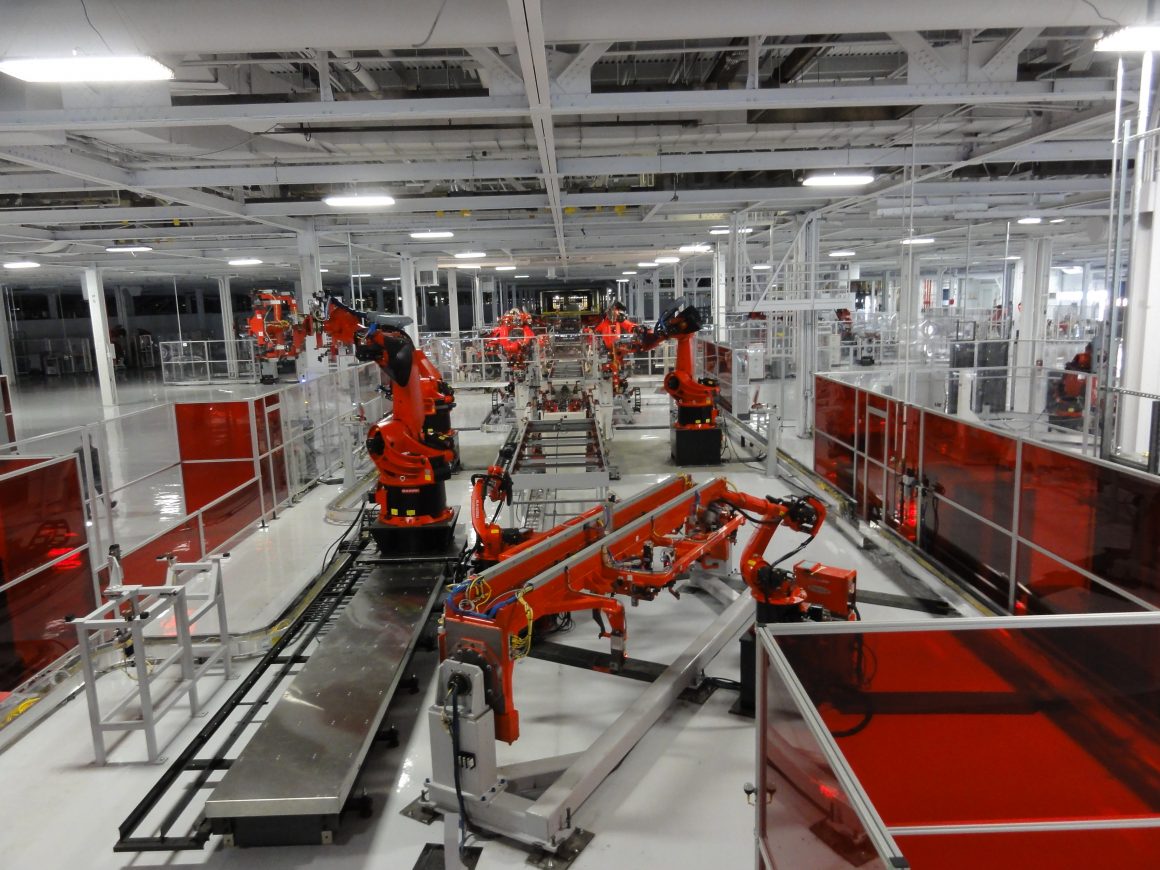
Automation puts general population at risk if profits not reinvested in society
By Garrett Wachoski-Dark, September 26 2018 —
Automation of labour has occurred since the onset of the Industrial Revolution. It’s not new and it’s also not fundamentally a bad thing — unless you hate humans and how we have destroyed the world, which is a very valid opinion. However, the problem with innovations in machine intelligence and automation stem from how we reinvest the wealth it creates.
Automation has allowed us to feed and shelter our ever-increasing population, but that is a result of automation, not its cause. Its driver — as always — is capitalism. If the market’s invisible soul did not benefit by aiding humanity, then we’d face a far different world than we do right now. Fortunately, the market has deemed us worthy of existence, so here we are.
The problem with robots taking our jobs is not that we are going to end up bored. It is that the consequences of the automation of work allow corporations to abuse society even more than they already do.
It doesn’t take a genius to realize that having robots mining coal or working with dangerous chemicals instead of humans is beneficial. And who wouldn’t like to take a nap while commuting to work or have your morning coffee made just right every time? Eventually, however, automation will plateau and nearly everything will be performed by machines more efficiently than humans. Where does that leave us?
Yes, humans will still need to supervise or control processes at some stage, but the end result is that we will no longer have to work. In theory, this means we should have time to do what we are most interested in — to create art, to think, to have fun and to innovate. Except that will not be the case because the wealth created by efficient machine-run services will not be reinvested in the general population — at least not without our guiding hand.
Left to its own devices, capitalism will reinvest in itself until it is forced to evolve into its next iteration. High growth then slow growth, over and over again. This is what we are seeing today as market capitalism fights with itself over morphing into information-based capitalism. I personally don’t want to live in the valley between two systems of capitalism. Like most students, I’m in an economic situation where I will not benefit from the upswing of the next era of capitalism but will be hit hard by the downswing of the previous era. Who will benefit? Only the rich.
Is the solution to robots taking our jobs to halt the process completely? No, as that would mean we would stagnate as a society. The solution is to mandate that corporations that benefit from automation reinvest in society. This will likely have to come from the government, who we first need to convince since they already benefit heavily from the current economic era. They will benefit even more from providing a smooth transition from this era of capitalism to the next.
As it stands today, robots taking human jobs have a net-positive effect on industries, as it significantly lowers the cost of production. However, this trend will have a net-negative effect on society if left unabated, leading to higher unemployment or the transition of employment to the unsustainable gig-economy.
The problem is that this will take decades of economic and personal hardship. The solution is to mandate that extra profits be reinvested in society through things like grants, social welfare or universal basic income and help shift focus from capital and labour to energy and resources as we move toward an information-capitalism society. This will help stabilize the otherwise jolting transition between eras of capitalism, hopefully accelerating the process while decreasing the risks to society.
